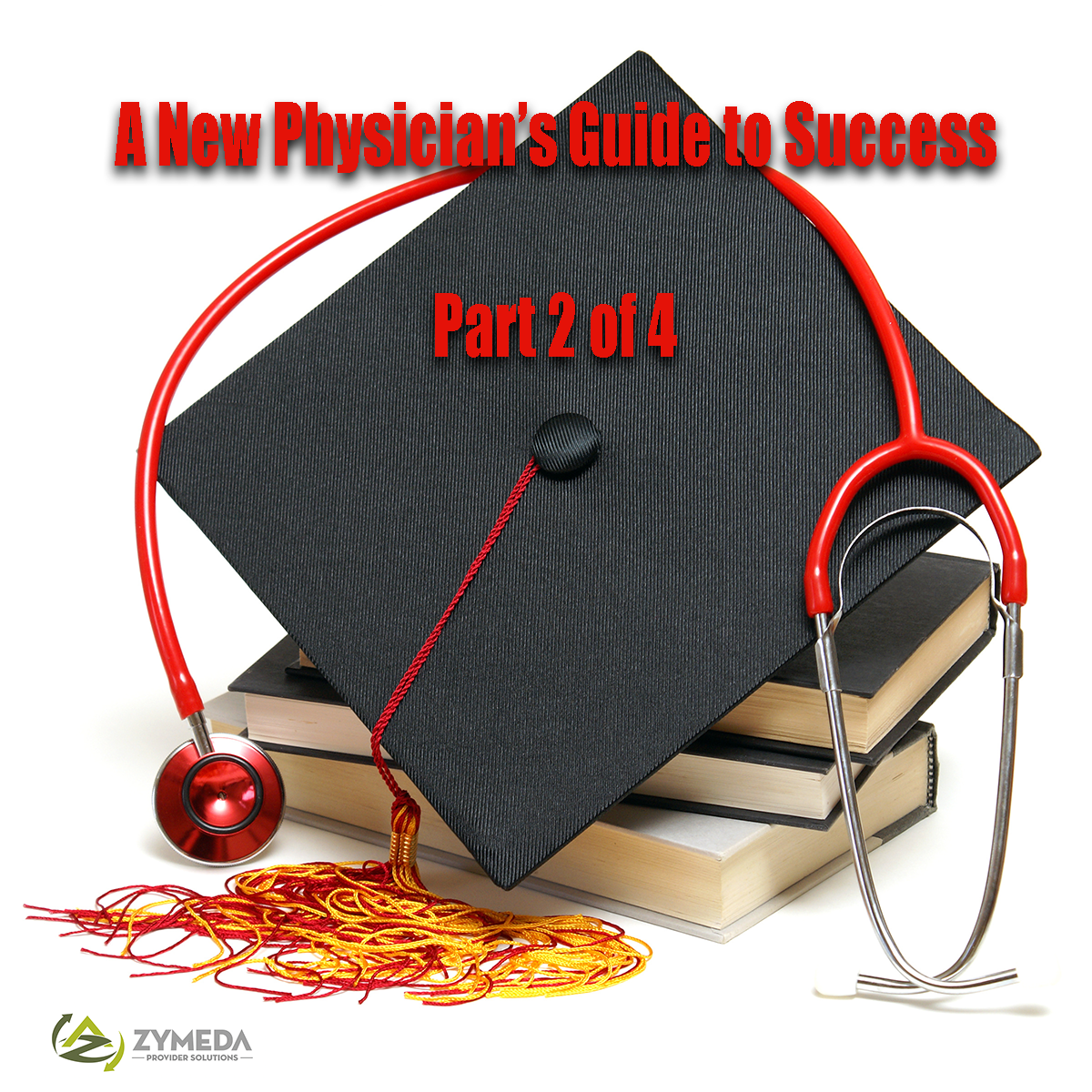 Part 2 – Assessing Your Opportunities
Part 2 – Assessing Your Opportunities
In Part 1 of this blog series, we gave new physicians a general overview of our guide to success in making the most informed choice for your career in medicine. This month’s article will focus on one of the most critical aspects in helping you do that – assessing the various opportunities available to you and evaluating them based on your unique needs.
One of the first questions you’ll need to answer about which opportunities are a “right fit” for you is: which type of practice opportunity do you want and why? The employment model means that you work for the hospital, health system, medical group or practice for which you are providing your expertise. One of the biggest benefits of this model for new doctors is the stability this form of employment can provide when you’re just starting out. Of course, it isn’t without its drawbacks. Lack of autonomy and an inability to affect change in a timely manner are some of the downsides physicians cite with this career track.
If you’re looking to “go your own way,” an independent model may be one to consider. This may be what the doctors of your parents’ or grandparents’ generation did – blazing their own path after medical school and hanging their hat in the town where they wanted to practice. There’s definite allure here, from being able to chart your own career course to autonomy in deciding how your practice is run, this type of model beacons an entrepreneurial spirit. But it isn’t easy. Nor is it the path that most physicians are taking in today’s medical landscape. In fact, a 2014 Jackson Healthcare study indicated that only 21% of participants actually function as solo practitioners. We would venture a guess that percentage is even lower today. From high overhead costs (frequently dependent on the area in which you want to practice) to concerns with ability to maintain a healthy work-life balance, an independent model isn’t for everyone, but that doesn’t mean it may not be right for you.
Perhaps you grew to love your rotation in a teaching hospital and your career aspirations are drawing you to an academic model of medicine. When you choose an academic setting for your career in medicine, it can afford you the security of an employment model with some added benefits of seeing or putting to use cutting edge research and technology in a patient care environment. Of course, this model also comes with the downsides also present with an employment model, in addition to a healthy bit of teaching new doctors that you’ll likely have to do as well.
Another consideration in assessing your medical career opportunities is the concept of lifestyle medicine. Not to be confused with the actual field of Lifestyle Medicine that emphasizes disease prevention vs. disease management, what we are referring to here is the decision of which model to choose based on the lifestyle you want to have. Though it can be hard right now, “kick” the can down the road 10, 15, 30 years to what a life on the track you’re interested in might look like and most importantly, whether that’s a life you can love.
As you likely noticed in medical school, medicine is not simple. Your career in it won’t be either. But with a healthy-enough perspective and lots of questions answered before you dive in, it is arguably the most rewarding career out there. The time and attention you give deliberating it before you decide won’t be wasted.
Give us a call at (951) 656-1500


